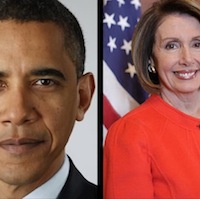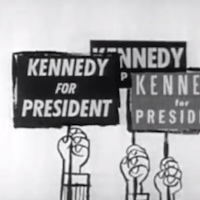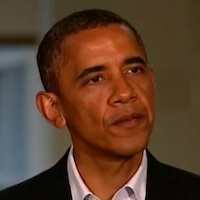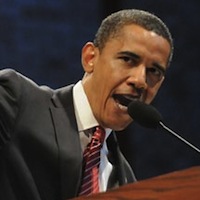Of all of the fields of communication, political communication is perhaps the most frequently analyzed and one of the most important on a global stage. In this section of our blog, we will look at the ways that communication influences politics. Through the study of political communication, we can understand how the 24-hour news cycle and various types of new communication can affect election campaigns and policy. We will look at the latest research and analyses to see how political communication has changed due to new mass media technologies such as the Internet. We will look at recent surveys to show how these technologies influence voters, and we will see how voters subsequently influence the campaigns and governance of their elected officials.

Male Politicians Have ‘Bigger Heads’ [Study]
Do you think male politicians have bigger heads than female politicians? If you answered yes, you’d be correct. But not if you were referring to […]






